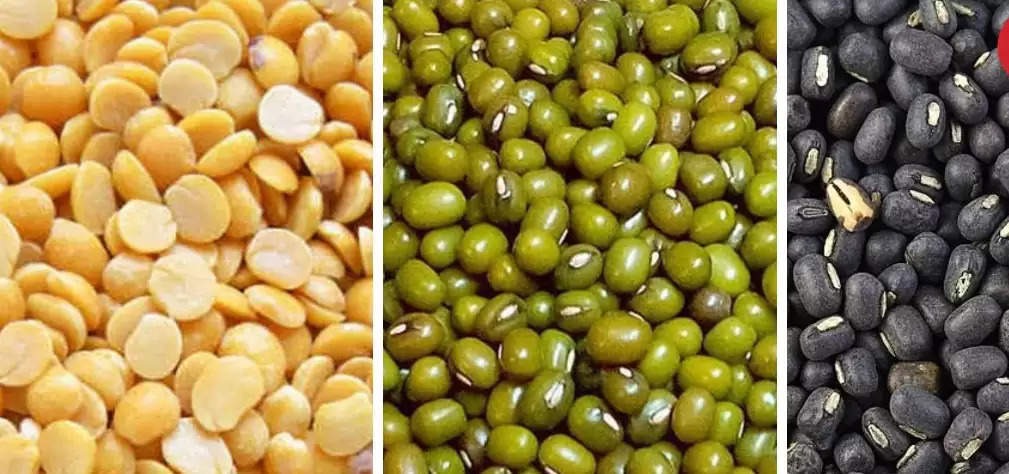Pulses are an important part of the Indian diet, which are not only delicious but also rich in nutrition. Pulses are an important part of our daily diet and are considered an excellent source of protein. But do you know which dal among arhar, urad and moong dal has the most protein?
Protein is very important for our health, especially for building muscles and repairing the body. Therefore, it is important to know which pulses can give you more protein. According to experts, while choosing pulses it is important to pay attention to their nutritional properties so that you can ensure the right amount of protein in your diet. Let us know which pulses of arhar, urad and moong contain the most protein.
urad dal: Black lentils are considered one of the most nutritious pulses. A good amount of protein is found in it. 100 grams of black lentils contain about 25 grams of protein, which is very beneficial for building muscles and repairing the body. Along with this, it also contains good amount of fiber and iron, which helps in maintaining the digestive system and blood levels.
Moong Dal: Moong dal is considered light and easy to digest. This dal is beneficial for those who need protein but have digestive problems. 100 grams of green moong dal contains about 24 grams of protein, which not only gives energy to the body but also strengthens the muscles. This pulse contains plenty of antioxidants, which strengthen the immune system.
Yellow Arhar Lentil: Arhar dal is also rich in protein and is one of the most commonly used dals in Indian households. 100 grams of pigeon pea contains about 22 grams of protein. Apart from this, it is also rich in fiber and potassium, which helps in keeping the heart healthy.
expert opinion
According to dietitian Riddhi Sharma, urad dal has the highest amount of protein, but moong and arhar dal are also good sources of protein. If you include pulses in your diet, it not only fulfills the protein deficiency but also supplies other nutrients.
 look news india
look news india
